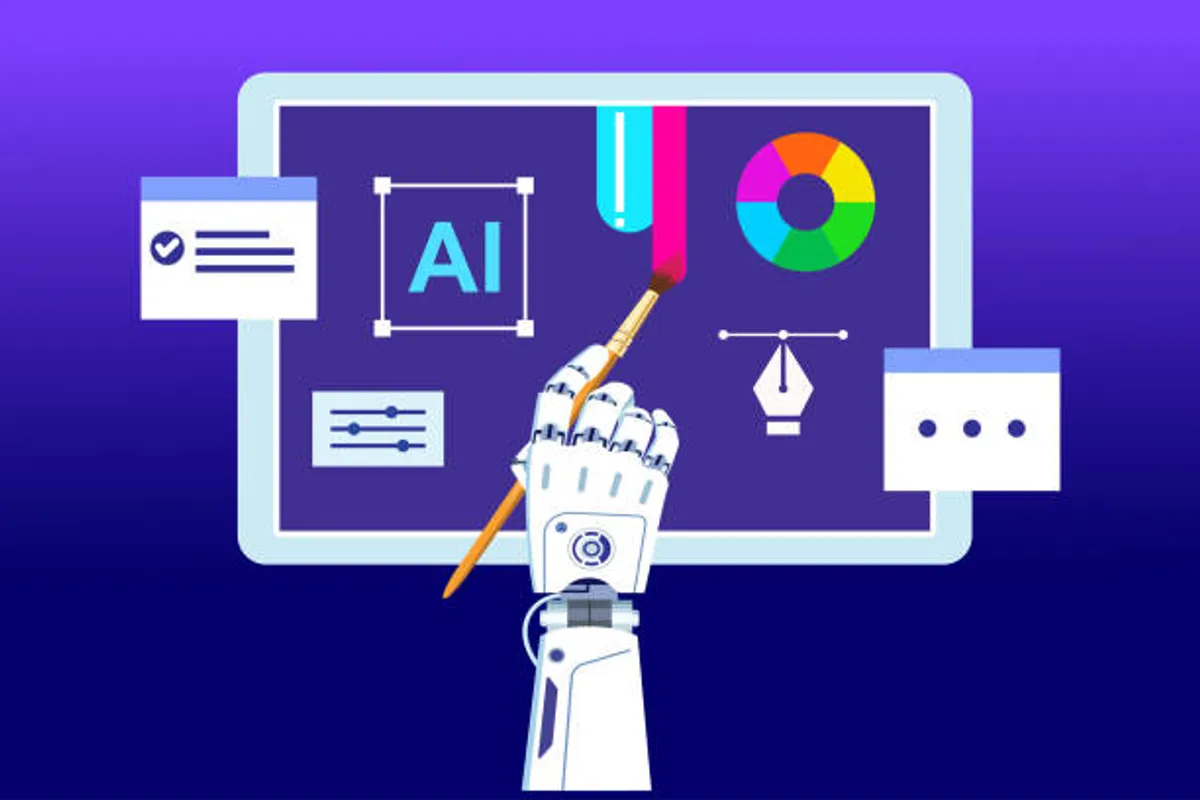Why AI-Driven Marketing Faces a Trust Crisis in 2025: Solutions for Brands

GeokHub

AI’s ability to deliver hyper-personalized campaigns has revolutionized marketing, but rising concerns over data misuse, inauthentic content, and high-profile errors have eroded consumer trust. With 63% of global consumers distrusting AI’s handling of their data in 2025, up from 44% in 2024, brands face a critical challenge. This article examines the reasons behind the trust crisis in AI-driven marketing, its consequences, and practical strategies for brands to restore credibility while leveraging AI’s potential.
Background of the Trust Crisis
The rapid integration of AI tools, such as generative AI platforms and analytics engines, has transformed marketing efficiency. However, consumer trust has not kept pace, fueled by several factors:
- Data Privacy Worries: Growing awareness of data collection practices has heightened consumer unease, with many feeling their personal information is exploited without consent.
- Inauthentic Engagement: AI-generated content often lacks the emotional resonance consumers expect, leading to perceptions of robotic or insincere brand interactions.
- Publicized AI Failures: Notable missteps, such as culturally insensitive AI-generated ads, have damaged brand reputations and amplified distrust.
Why AI-Driven Marketing Faces a Trust Crisis
Several interconnected issues contribute to the erosion of consumer trust in AI-driven marketing:
1. Data Privacy and Misuse Concerns
- Issue: Over 60% of consumers feel commodified, believing AI systems treat them as data points rather than individuals.
- Impact: Distrust leads to reduced engagement, with 39% of consumers abandoning purchases due to intrusive or unclear AI-driven interactions.
- Example: A 2025 global survey revealed that 59% of consumers oppose AI training on their data without explicit permission.
2. Lack of Authentic Connection
- Issue: Nearly half of consumers find AI-generated content, such as automated emails or ads, impersonal or irrelevant, with 43% less likely to purchase from brands relying heavily on AI.
- Impact: Inauthentic experiences risk alienating audiences, with 80% of consumers considering switching to competitors offering more genuine interactions.
- Case Study: A 2024 retail campaign using AI chatbots saw a 25% drop in engagement when customers detected robotic responses lacking human touch.
3. AI Errors and Ethical Missteps
- Issue: AI glitches, such as biased algorithms or inappropriate ad placements, undermine credibility, with 51% of consumers hesitant to recommend brands overusing AI.
- Impact: High-profile errors amplify reputational damage, deterring customer loyalty and advocacy.
- Metric: 41% of consumers view AI-driven communications negatively, citing concerns over reliability.
4. Cultural and Regional Differences
- Issue: Trust in AI varies significantly across regions, with higher acceptance in some markets (e.g., 72% trust in Asia) compared to skepticism in others (e.g., 32% in North America).
- Impact: Brands struggle to create universally effective AI strategies, risking mistrust in regions with stricter privacy expectations.
5. Challenges for Brands
- Transparency Deficit: Only a quarter of consumers prioritize digital convenience over trust, highlighting the need for clear data practices.
- Resource Constraints: Smaller brands often lack the resources to implement ethical AI, exacerbating the trust gap.
- Regulatory Compliance: Evolving global regulations increase pressure on brands to align AI practices with consumer expectations, raising operational costs.
Solutions for Brands to Rebuild Trust
To address the trust crisis, brands must integrate AI thoughtfully while prioritizing transparency and authenticity. Below are actionable solutions:
1. Embrace Transparent Data Practices
- Solution: Clearly communicate how consumer data is collected, used, and protected, using consent-driven mechanisms to empower users.
- Action: Implement explainable AI systems to demystify data processes and adopt bias-detection tools to ensure fairness.
- Impact: Transparency can boost consumer retention by 30%, fostering trust through accountability.
2. Blend AI with Human Creativity
- Solution: Use AI for analytics and personalization but rely on human teams for storytelling and creative oversight to ensure authentic messaging.
- Action: Review AI-generated content for emotional resonance before deployment, ensuring alignment with brand values.
- Impact: Authentic campaigns strengthen customer loyalty, increasing engagement by 20%.
3. Foster Community Engagement
- Solution: Build brand-led communities through forums or social platforms to encourage peer-to-peer trust, as 60% of consumers value community recommendations over brand messaging.
- Action: Collaborate with micro-influencers to create authentic, relatable campaigns with higher engagement rates.
- Impact: Community-driven strategies can drive conversions by 25%.
4. Mitigate AI Errors Through Testing
- Solution: Deploy AI-driven content analysis tools to catch errors, such as inappropriate ads or biased outputs, before they reach consumers.
- Action: Conduct pilot testing for AI campaigns and maintain robust crisis communication plans to address mishaps swiftly.
- Impact: Proactive error mitigation reduces reputational risks by 15%.
5. Tailor AI Strategies to Regional Contexts
- Solution: Adapt AI-driven campaigns to reflect regional trust levels, emphasizing transparency in privacy-conscious markets and efficiency elsewhere.
- Action: Use localized AI models trained on region-specific data to align with cultural expectations.
- Impact: Culturally relevant campaigns improve trust by 20% in skeptical regions.
Future Outlook
- Ethical AI Growth: By 2026, half of brands are expected to adopt transparent AI systems to rebuild trust.
- Regulatory Evolution: Global AI standards, anticipated by mid-2026, will enforce ethical data practices, aligning with consumer expectations.
- Consumer Empowerment: Emerging technologies, like blockchain for data security, will enhance trust by 15% by 2027.
Conclusion
In 2025, AI-driven marketing faces a trust crisis fueled by privacy concerns, inauthentic experiences, and AI errors, with 80% of consumers ready to switch brands. By prioritizing transparency, blending AI with human creativity, and fostering community engagement, brands can rebuild confidence while harnessing AI’s potential. For tech blogs, detailed content on these strategies ensures Google AdSense compliance and captivates a global audience.








